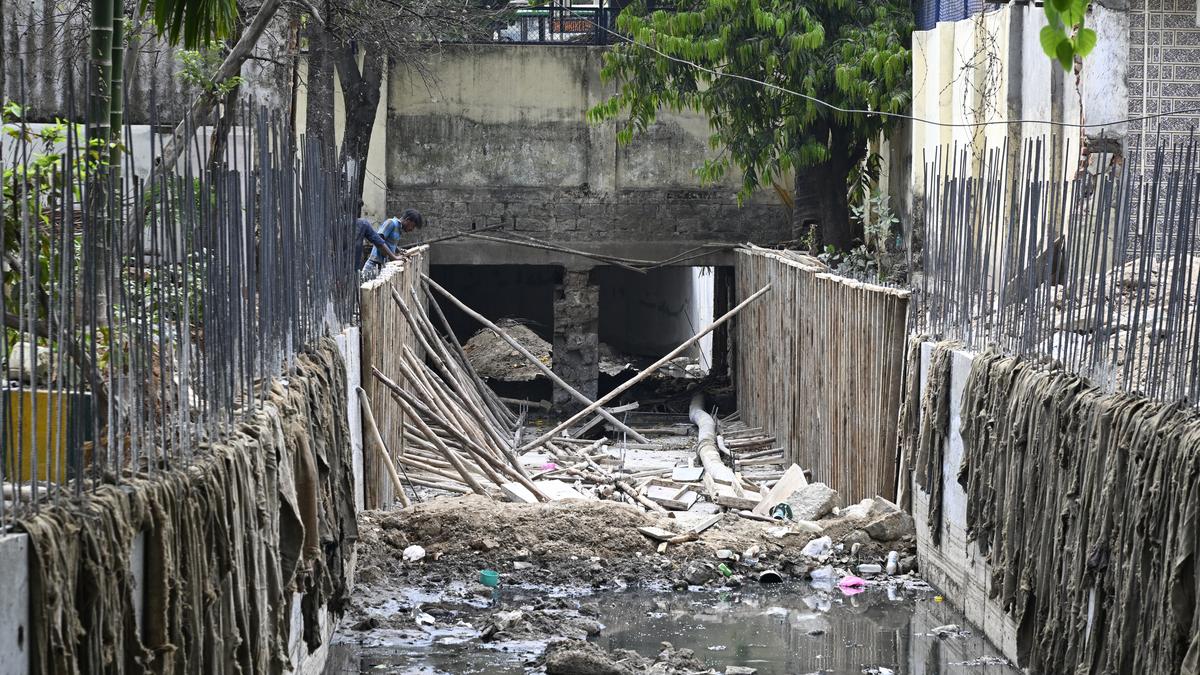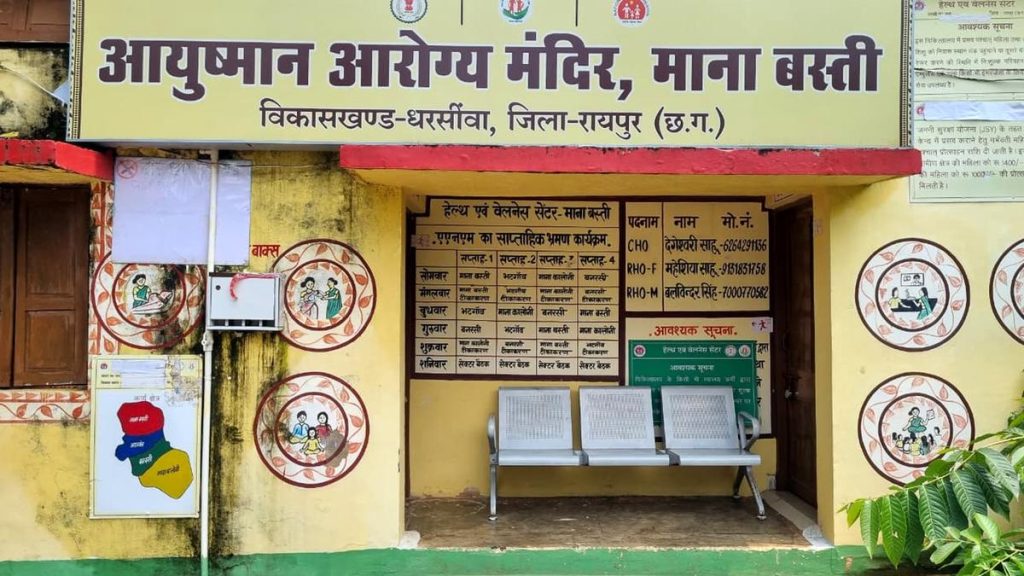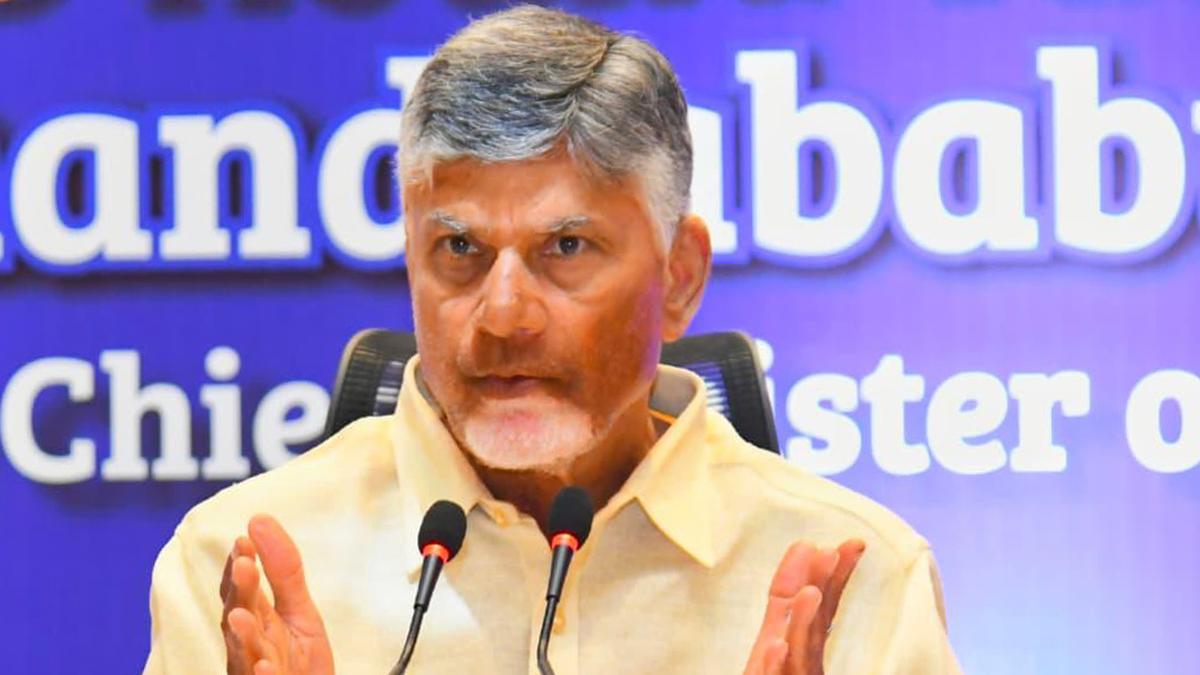Now Reading: Bengaluru Water Resilience Project Launches with World Bank Support
-
01
Bengaluru Water Resilience Project Launches with World Bank Support
Bengaluru Water Resilience Project Launches with World Bank Support

Speedy Summary:
- The Bengaluru Water Resilience Project has received $426 million (approximately ₹3,500 crore) in funding through the World bank under Program-for-Results financing.
- The loan will be disbursed between 2026 and 2031 and will be used to strengthen storm-water drains (SWDs) and build sewage treatment plants (STPs).
- The Greater Bengaluru Authority (GBA) will oversee the project after the dissolution of Bruhat Bengaluru Mahanagara Palike (BBMP),which had initially been entrusted with implementation responsibilities.
- GBA plans to deploy additional engineers under supervision from a Special Commissioner to manage the project effectively.
- Total project cost is estimated at ₹5,000 crore,with over half funded by the World Bank loan. The State government will contribute the remaining funds.
- GBA’s current revenue stream comes from fees collected for single-site approval works transferred from Bengaluru Development Authority (BDA).
- Climate Action Plan and Climate Action Cell initiatives are being strengthened as part of broader flood mitigation and climate-related measures linked to this project.
Indian Opinion Analysis:
The Bengaluru Water Resilience Project represents an ambitious effort toward addressing infrastructure challenges related to water management while promoting climate action. With both storm-water drain improvements and sewage treatment facilities forming central aspects of this initiative,successful execution coudl markedly enhance resilience against environmental vulnerabilities such as urban flooding.
Though, transitioning oversight responsibilities from BBMP to GBA introduces institutional complexities that might impact efficiency or clarity in project delivery. Ensuring smooth collaboration between multiple agencies-especially given significant financial disbursements tied to outcomes-remains critical for success.
The project’s integration into larger climate-focused programs underscores it’s strategic alignment with global sustainability priorities while also signaling proactive governance at local levels. For India, such projects embody opportunities not only for immediate urban advancement but also broader lessons on scaling future investments in sustainable infrastructure across cities facing similar challenges.

























